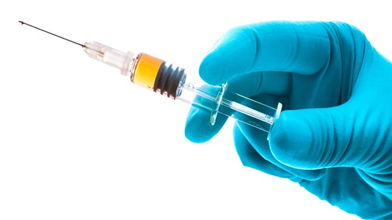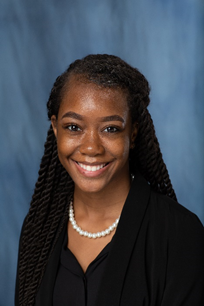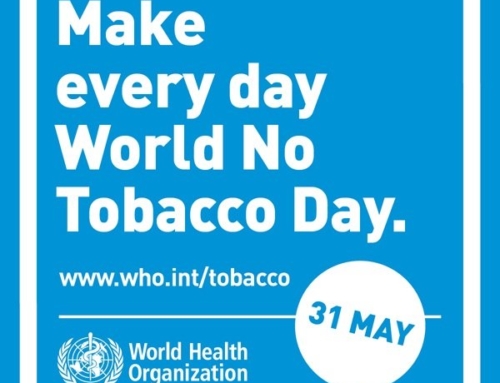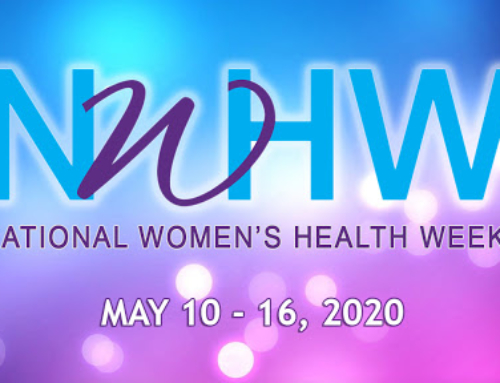Human Papillomavirus, commonly known as HPV, is one of the most common sexually transmitted infections in the United States and the leading cause of cervical cancer in women. According to the Centers for Disease Control and Prevention (CDC), about 79 million Americans are currently infected with HPV and about 14 million become infected with the virus each year. Each year, approximately, 12,000 women are diagnosed with cervical cancer caused by HPV virus strains, and 4,000 of these women die. In addition to cervical cancer, the human papillomavirus can also cause cancers of the vulva, vagina, penis, anus, and throat, affecting a total of about 33,000 Americans every year.
Gardasil was the first HPV vaccine approved by the Food and Drug Administration (FDA) in 2006 to prevent certain cancers and diseases caused by 4 different strains of HPV. This vaccine was discontinued following approval of the Gardasil 9 vaccine in 2014. Gardisil 9 protects against certain cancers and diseases, including cervical cancer that is caused by 9 different strains of HPV. The Gardasil 9 vaccine was approved for both men and women ages 9-26. The most common side effects of the vaccine include pain, redness, or swelling at the site where the shot is given, fever, headache, nausea, and muscle or joint pain.
While the vaccine may be administered as early as 9 years of age, the CDC recommends vaccination starting at ages 11 or 12 for both genders, prior to first sexual encounter. Teens who started vaccination series before their 15th birthday would receive two doses of the vaccine, 6-12 months apart. Teens and young adults who started the vaccination series after their 15th birthday would receive three doses of the vaccine. The second dose is given 1–2 months after the first dose, and the third dose is given 6 months after the first dose.
Since the approval of the original Gardasil vaccine in 2006, there have been many studies published to demonstrate its effectiveness. HPV cancers and genital warts (another common complication of HPV) has decreased by 71% in teen girls and 61% among young women since the HPV vaccine was first recommended in 2006. Per the CDC, receiving the HPV vaccination prior to becoming infected with HPV has the potential to prevent more than 31,000 types of cancers caused by HPV each year. As such, there has been widespread initiatives across the nation to increase HPV vaccination among adolescents and young adults (check out the National AHEC Organization HPV Immunization Project here).
Based on the effectiveness of the Gardasil 9 vaccine in individuals aged 9-26, the FDA approved the expanded use of the vaccine, now for men and women ages 9-45 as of October 5, 2018. The approval marks a milestone in public health to help prevent more HPV-related diseases and cancers across a broader age range.
If you have yet to receive the HPV vaccine, please consult with your doctor to see the options available to you.
See the official statement released by the Food and Drug Administration here.
References:
Centers for Disease Control and Prevention. (2018). Human Papillomavirus (HPV). Retrieved from https://www.cdc.gov/hpv/parents/vaccine.html
About the Author: Samari Blair
|
Samari Blair is a SRAHEC intern and a current student at the University of Florida. Samari has a Bachelor’s of Science in both Biomedical Sciences and Public Health from the University of South Florida and will be graduating in Spring 2019 from UF with her Master of Public Health degree with a concentration in Social and Behavioral Sciences. |








